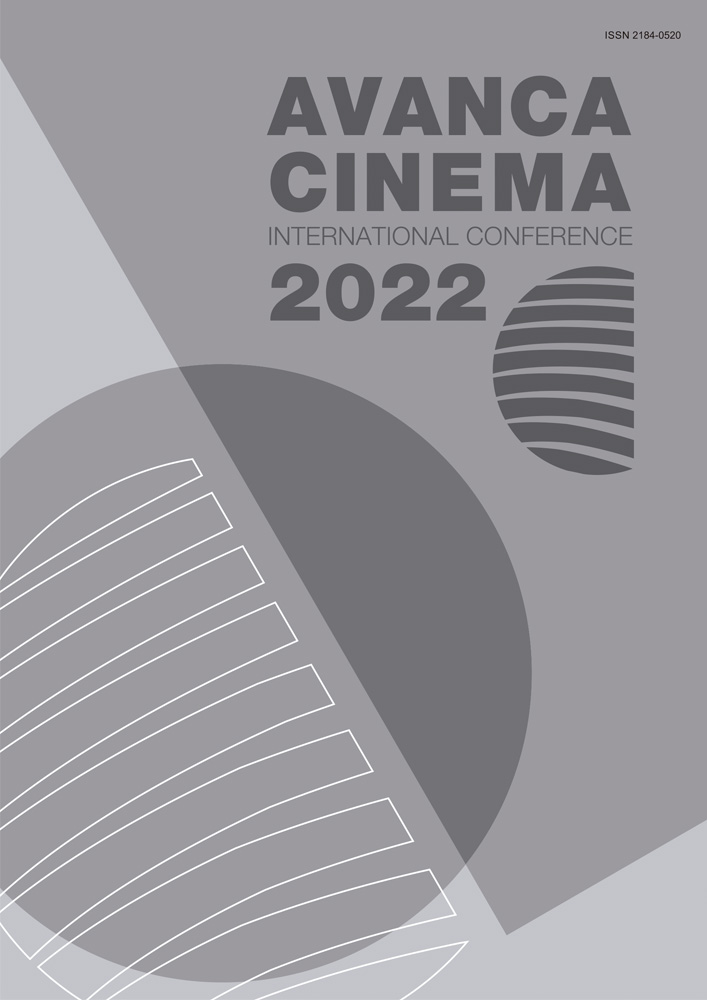Chapitre I _ Cinéma - Art
Cinema africano e imaginário decolonial: sobre Africanofuturismo no curta-metragem Afronauts
Résumé
This paper uses Homi K. Bhabha’s (2013) concept of Postcolonial – added to the contributions of W.E.B. Du Bois (2016), Aimé Cesaire (1978) and Frantz Fanon (2008) – to analyze the short film Afronauts (Bodomo, 2014) directed by Nuotama Frances Bodomo. The work of Gayatri Spivak (2010) is also used to discuss how the postcolonial affects subalternized peoples and its connection with the historical condition of black peoples in Diaspora as described by Paul Gilroy (2001); a dialogue is thus established with the diasporic and decolonial art studied and produced by Kobena Mercer (1994) and Grada Kilomba (2014). The methodology is based on Nnedi Okorafor’s Africanfuturism, to understand the decolonial aspects present in a film based on a true story. In this sense, Glissant’s (1997) concept of imaginary supports the presentation of the following thoughts: Aníbal Quijano’s (2005) concept of coloniality of power; the critical border thinking proposed by Walter D. Mignolo (2018); and Ramón Grosfoguel’s (2009) decolonial epistemic perspective. Concepts that organize the perception of the short film as a decolonial cultural expression and allow discussing the likely implications that Africanfuturist works have on the imaginary in dispute in the contemporary cinematic medium.

Ce travail est disponible sous la licence Creative Commons Attribution 4.0 International .

